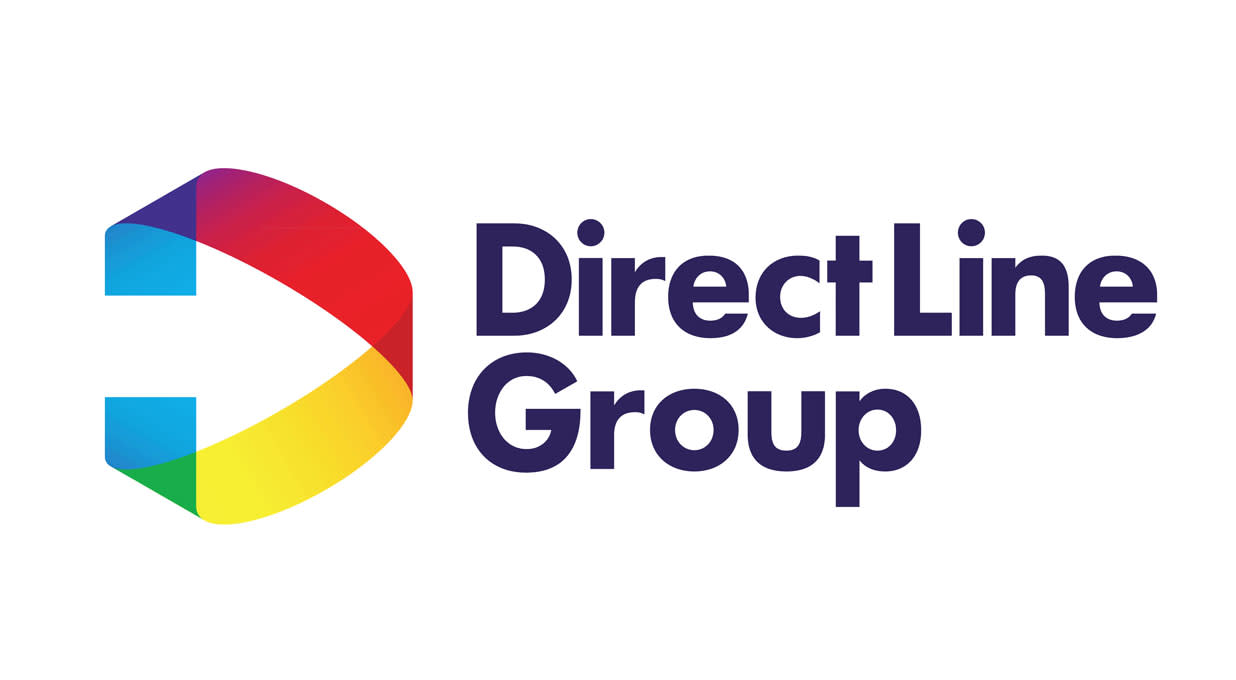Direct Line Group reported a 15% rise in first-quarter gross written premiums to £706.8mn. In-force policies at the group level fell 1.8% to 9.3mn. Both the Motor and Home divisions saw double-digit growth.
In Motor, claims levels are in line with expectations with estimated written margins maintained above 10%. Own brand prices were 35% higher than this time last year, which led to a 12% drop in the number of policyholders. The smaller Home division also benefited from price hikes but saw the number of policyholders remain broadly flat.
Medium-term guidance looks for annualised cost savings of at least £100mn by the end of 2025 and a net insurance margin, normalised for weather, of 13% in 2026. There will be a Capital Markets Day held on 10 July.
The shares were broadly flat in early trading.
Our view
Direct Line’s story has been dominated by takeover talk in recent weeks. But a fairytale ending looks out of reach after the two parties couldn’t make the numbers work.
And so, back to reality. Recent results have painted a better picture than we’ve had for some time. But there’s a long way to go before this turnaround is complete. It’s no secret Direct Line has struggled over the past few years to deal with a challenging motor insurance market. Given Motor makes up close to half of all active policies, the unprofitable contracts written over the past 12-18 months have weighed on recent performance.
Aggressive price hikes have finally caught up with inflated costs. New policies are being written at levels in line with a net insurance margin of above 10% - back in the land of profit. Direct Line was slower to raise prices than the wider market which means it’ll take longer to feel the benefits than peers.
With a new CEO and an improving market, the Motor business looks to finally have a footing from which it can grow profitable business.
But, growth driven by higher prices is a double-edged sword, as policyholders tend to be fickle and are happy to switch around in search of a better deal. Motor customer numbers are falling, quite sharply. That's part of the strategy, margins are being prioritised over volumes. We can get behind it for now, but its something to watch closely.
Aside from Motor, performance across other business lines has been pretty good. Home insurance is a big part of the operation and remains profitable despite an uptick in claims inflation. Price hikes are again being called on, but customer numbers are proving a little more resilient than in Motor.
With the sale of its brokered commercial insurance business, NIG, capital levels are stable again. Management took the mix of stable capital and improving Motor business as a signal to offer up a final dividend back in March. It has however been clear that this should not be seen as a full reinstatement of a regular dividend. Investors should be prepared to see this taken away down the line should things falter. Nothing is guaranteed.
There’s still a long way to go if Direct Line wants to return a stable dividend and restore investor confidence. With takeover frenzy now backed out of the valuation, it looks like a more reasonable entry point. But we still prefer other names in the sector with less work to do.
Environmental, Social and governance (ESG) risk
The financials sector is medium-risk in terms of ESG. Product governance is the largest risk for most companies, especially those in the US and Europe with enhanced regulatory scrutiny. Data privacy and security are also an increasingly important risk for banks and diversified financial firms. Business ethics, ESG integration and labour relations are also worth monitoring.
According to Sustainalytics, Direct Line’s management of material ESG issues is average.
Direct Line’s offering of responsible products is adequate, but it falls short in areas such as monitoring, regular training, and thorough processes for investigating complaints. Improvements could be made in data privacy due to a lack of regular risk assessments and insufficient training and auditing on cybersecurity. On a positive note, the company scores well in governance, featuring a strong board structure and remuneration policies linked to appropriate targets, including environmental, social, and governance (ESG) criteria.
Direct Line Group key facts
All ratios are sourced from Refinitiv, based on previous day’s closing values. Please remember yields are variable and not a reliable indicator of future income. Keep in mind key figures shouldn’t be looked at on their own – it’s important to understand the big picture.
This article is not advice or a recommendation to buy, sell or hold any investment.No view is given on the present or future value or price of any investment, and investors should form their own view on any proposed investment.This article has not been prepared in accordance with legal requirements designed to promote the independence of investment research and is considered a marketing communication.Non - independent research is not subject to FCA rules prohibiting dealing ahead of research, however HL has put controls in place(including dealing restrictions, physical and information barriers) to manage potential conflicts of interest presented by such dealing.Please see our full non - independent research disclosure for more information.


